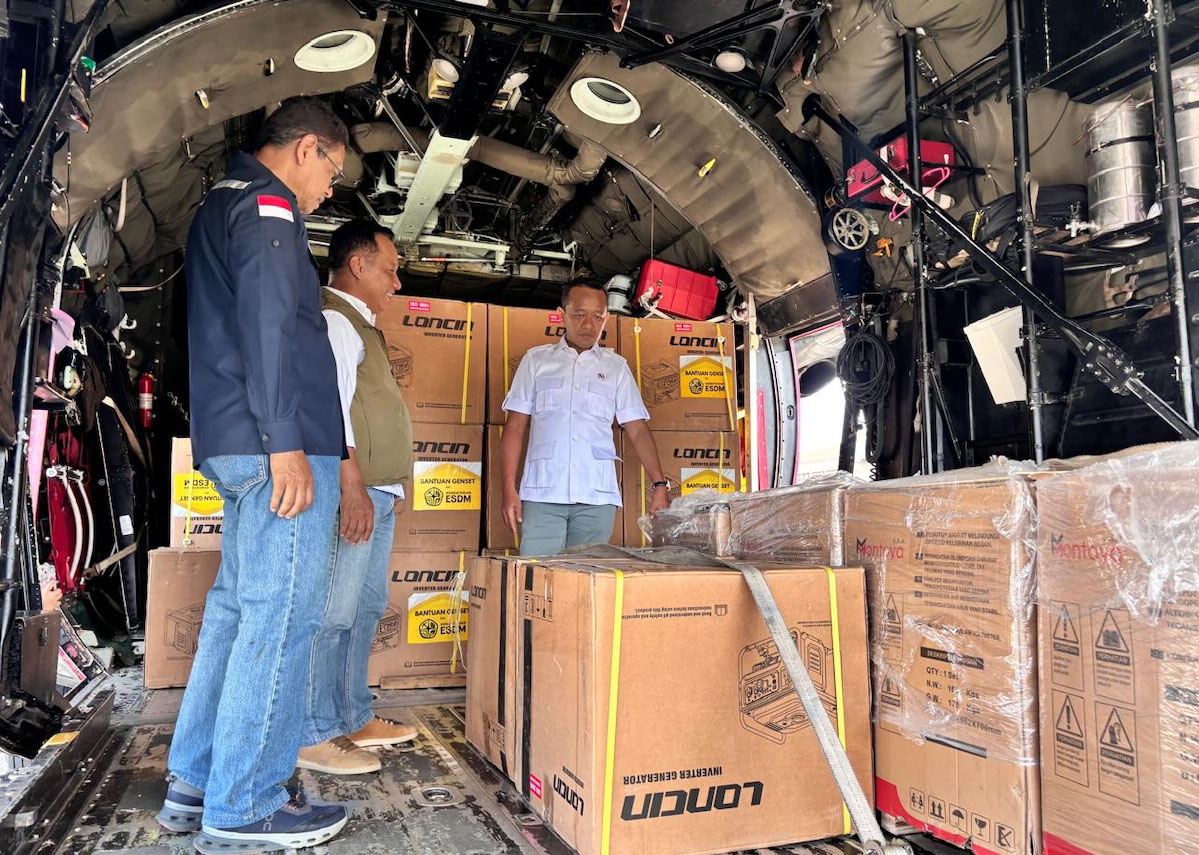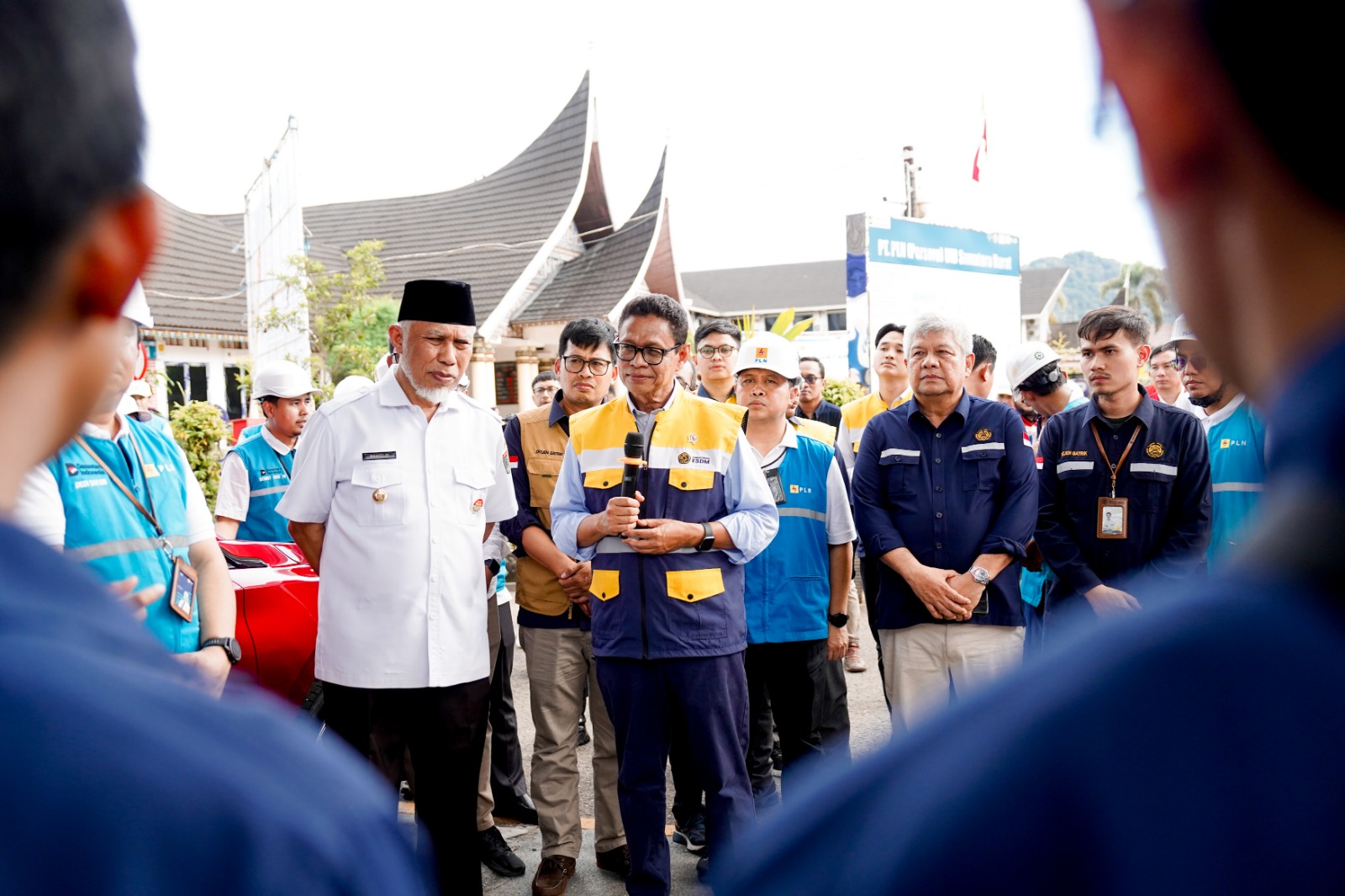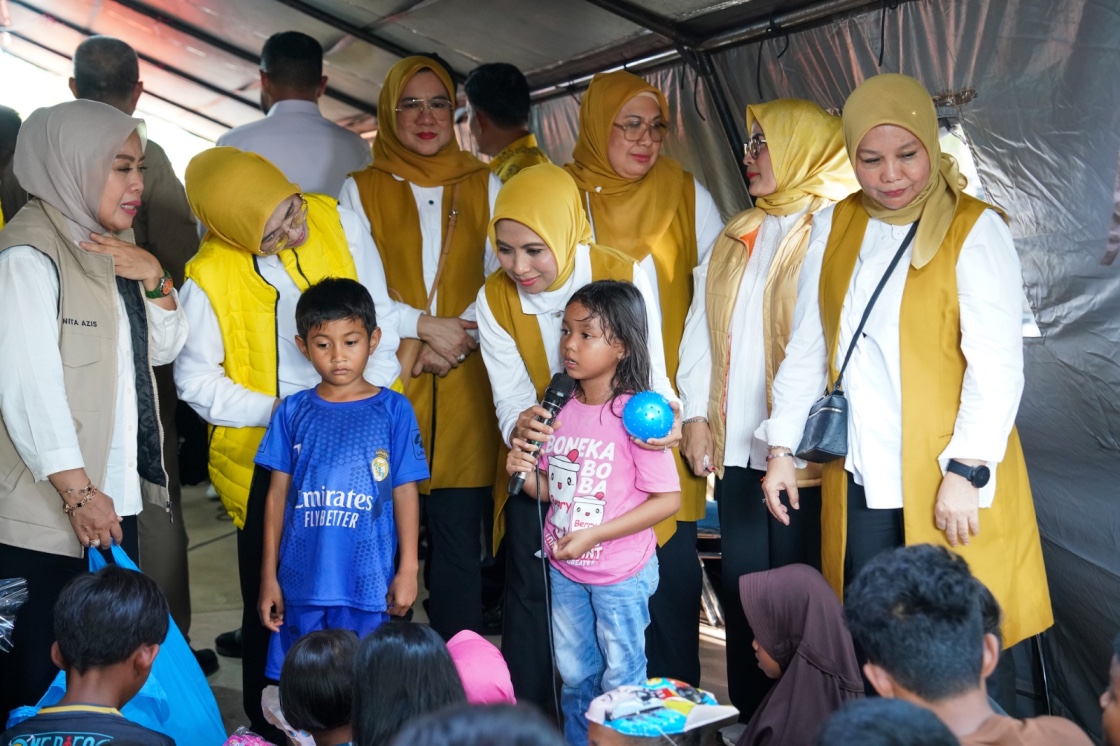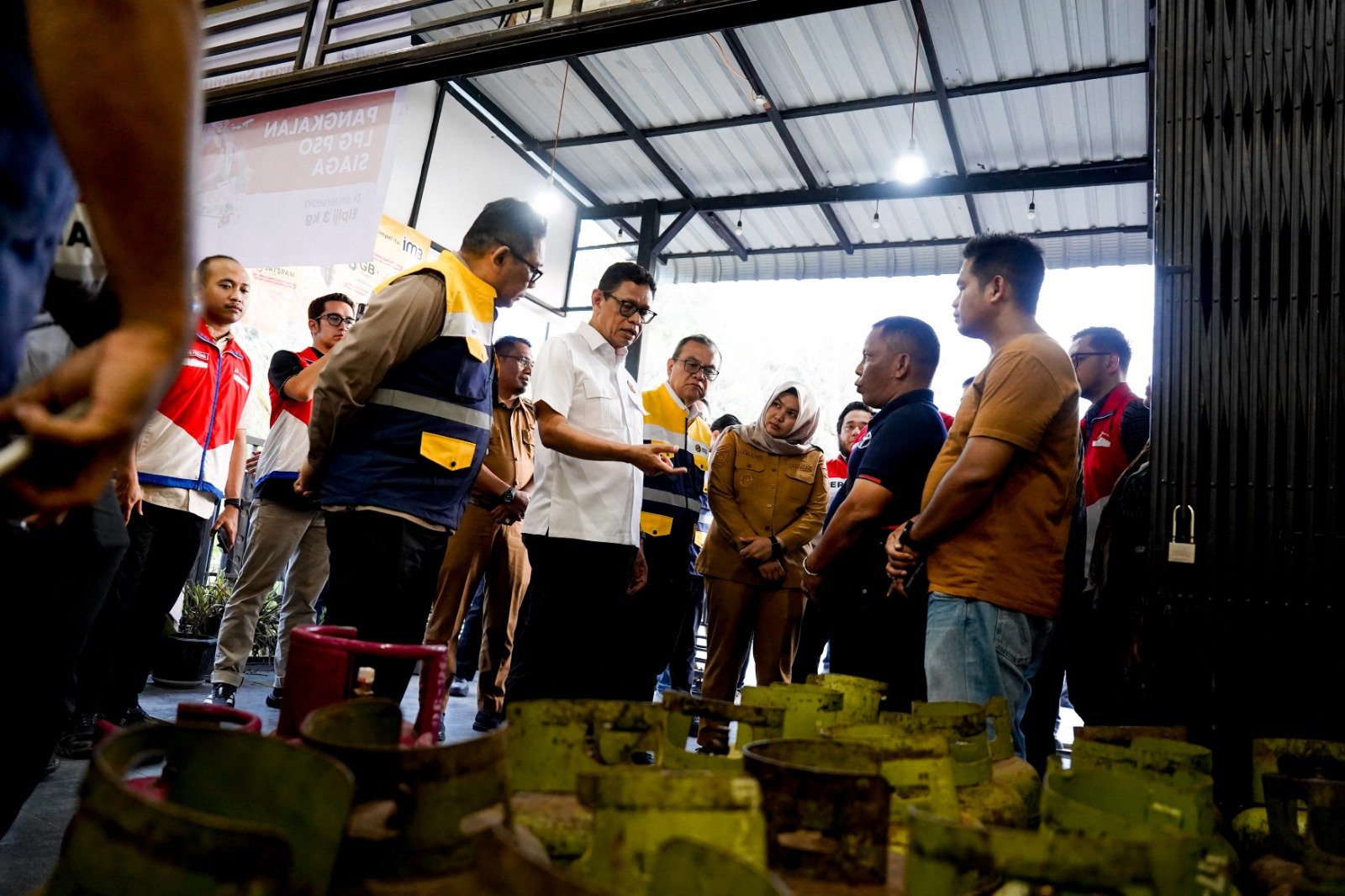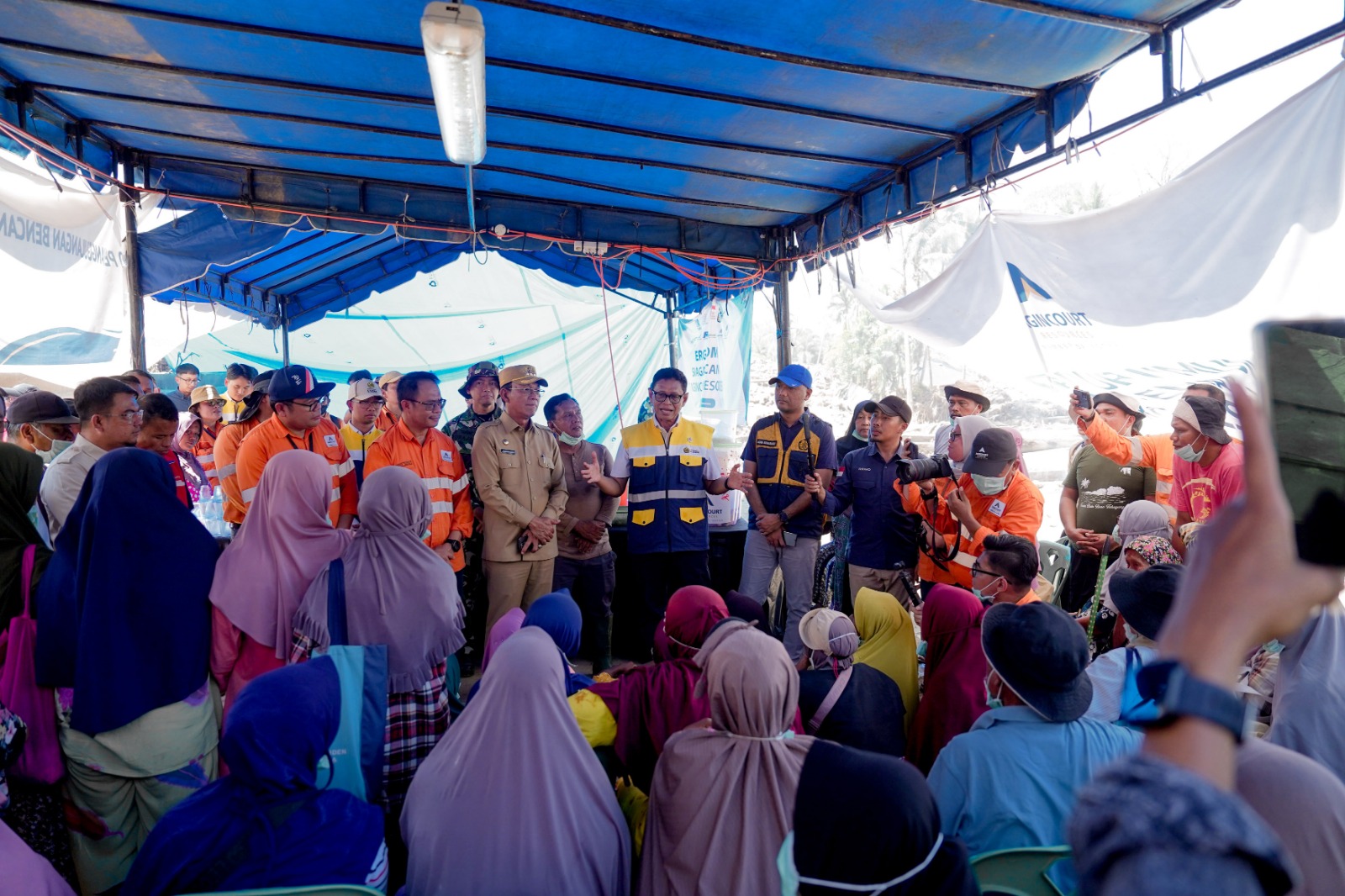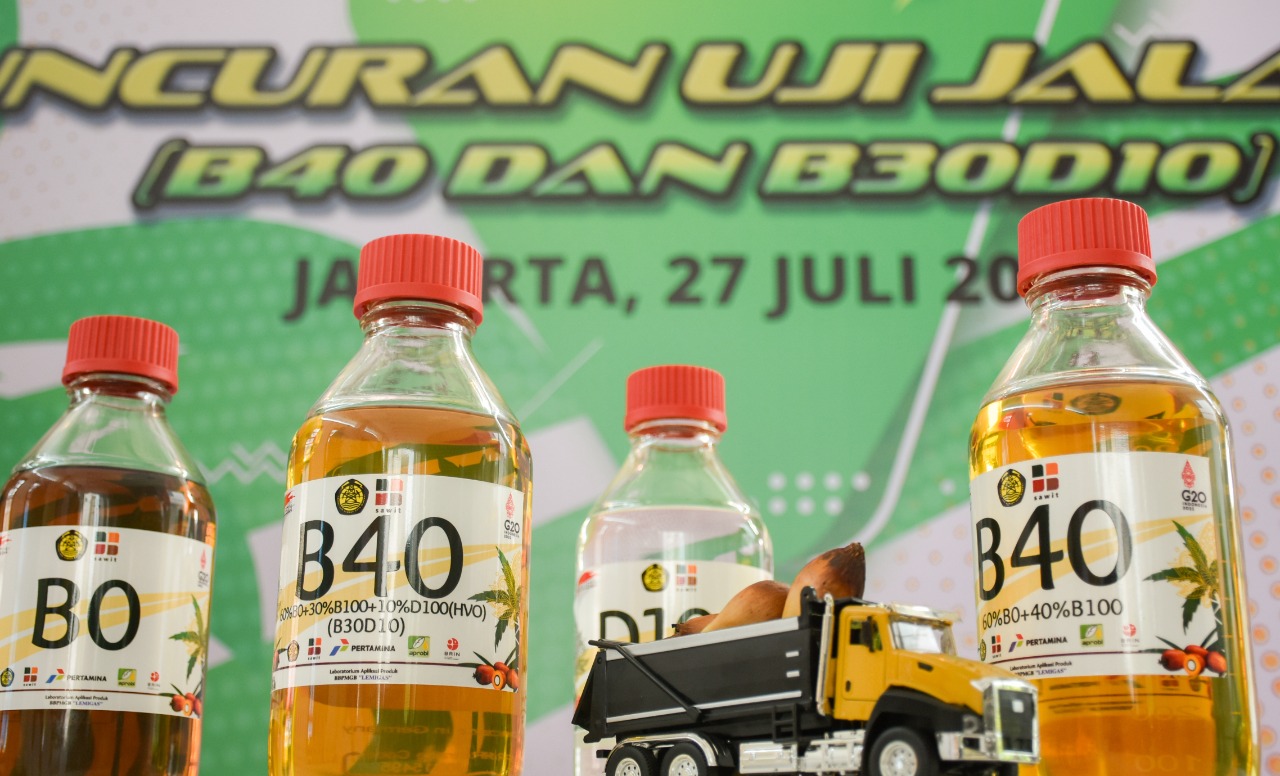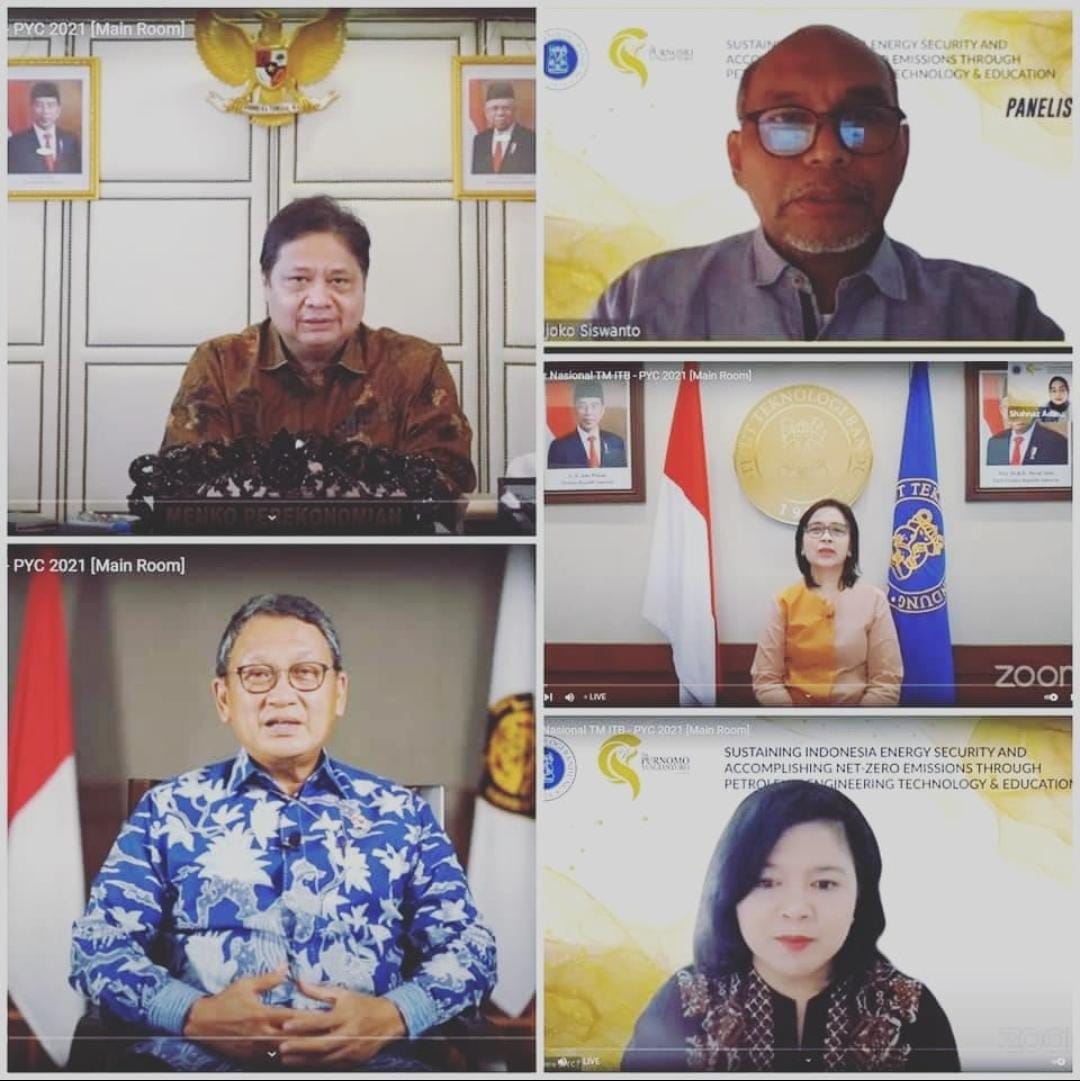
Renewable Energy Supports Energy Security and Reduces Emissions
MINISTRY OF ENERGY AND MINERAL RESOURCES
REPUBLIC OF INDONESIA
PRESS RELEASE
NUMBER: 419.Pers/04/SJI/2021
Date: 28 November 2021
Renewable Energy Supports Energy Security and Reduces Emissions
To reduce emissions, the government has made a road map for energy transition to Net Zero Emission, with strategies including massive development of new, renewable energy, the use of electric vehicles, and development of transmission interconnections and smart grids, Minister of Energy and Mineral Resources (EMR), Arifin Tasrif, has said at a national seminar titled Sustaining Indonesia Energy Security and Accomplishing Net Zero Emission (NZE) through Petroleum Engineering Technology & Education held on Saturday (27/11).
Meanwhile, Coordinating Minister for Economy, Airlangga Hartarto, conveyed the importance of maintaining economic growth on the basis of low-carbon development. "Economic growth must be maintained and used as momentum for a transition to green economy by prioritizing inclusive and equitable low-carbon development," he said.
On the same occasion, Secretary General of the National Energy Council, Djoko Siswanto, explained that the national energy security index had improved year by year. Currently, it stands at 6.57, or stable (a stable condition ranges between 6 and 7.99). "Why haven't we achieved very stable category? Because our accessibility score is still very low, although the government has built gas infrastructure and launched the One-Price Fuel program through the construction of mini gas stations in 3T (frontier, outermost, and least developed) regions. Our acceptability score is also low, and acceptability is related to environmental issues," said Djoko.
Speaking about acceptability, Djoko said that the development of new and renewable energy (NRE) in Indonesia in 2020 reached only 11.2%; even so, the figure had increased considerably compared to 2015 which hit 4%. "We are aiming for 23% in 2025. This means that if we do business as usual, we can achieve the target; by 2050 we'll reach 31%, then by 2060 we'll get to net zero emission and hopefully the NRE share will be above 50%," Djoko added.
The 4A's (availability, affordability, accessibility, and acceptability) are used to measure energy security, while Analytical Hierarchy Process (AHP) is used to weigh each aspect of energy security. Availability means that energy sources and energy are available from domestic and overseas sources. Next, affordability refers to the affordability of energy investments, including the costs of exploration, production, and distribution as well as the affordability of energy prices for consumers. Accessibility is the ability to access energy sources and energy network infrastructure as well as to cope with geographical and geopolitical challenges. Finally, the acceptability aspect is the use of energy that cares for the environment (land, sea, and air) including public acceptance.
The government has supported the energy transition, continued Djoko, by setting the price of natural gas at USD6 per MMBTU, formulating an NRE bill and draft presidential regulation on NRE prices. Other support includes the drafting of a presidential regulation on energy buffer reserves, zero flaring gas, Electricity Provision Business Plan (RUPTL) of 2021-2030, and ministerial regulation on rooftop solar power plants (PLTS).
The President of the Bandung Institute of Technology (ITB), Reini Wirahadikusumah, who was one of the resource people of the seminar, explained that Indonesia had committed to NZE by 2060 or sooner, and to meet this commitment, Indonesia should gain knowledge about CCS and CCUS, both of which would contribute to the achievement of NZE. (IY)
Head of Bureau of Communication, Public Information Services, and Cooperation
Agung
Pribadi (08112213555)
Share This!

